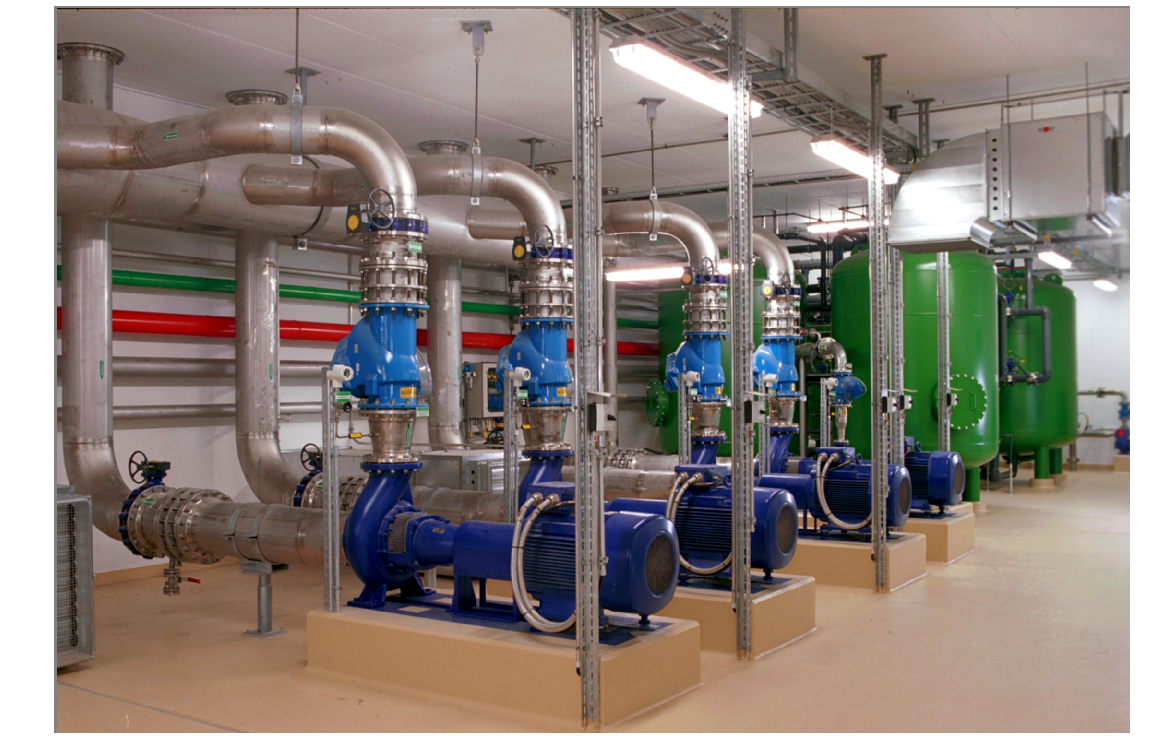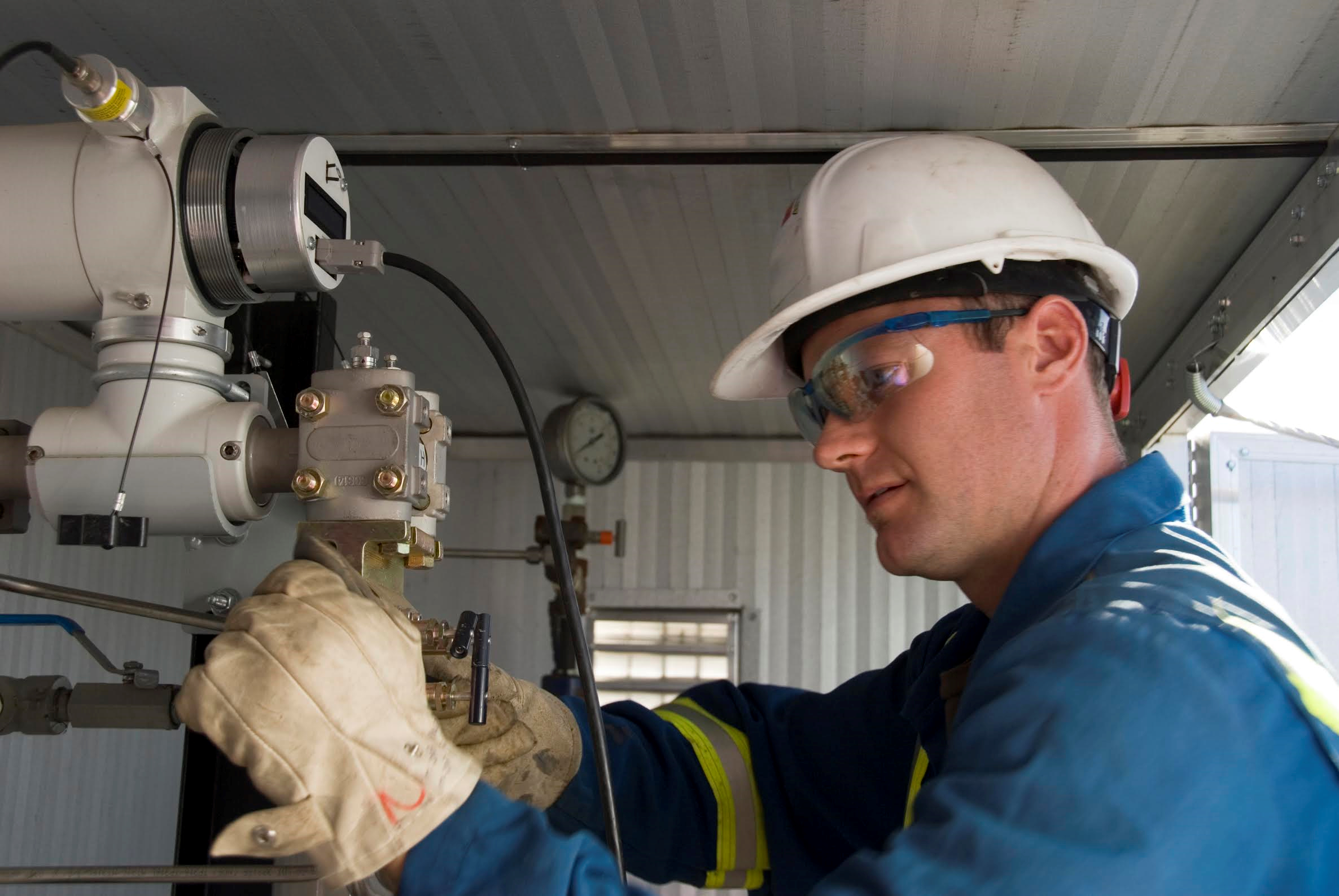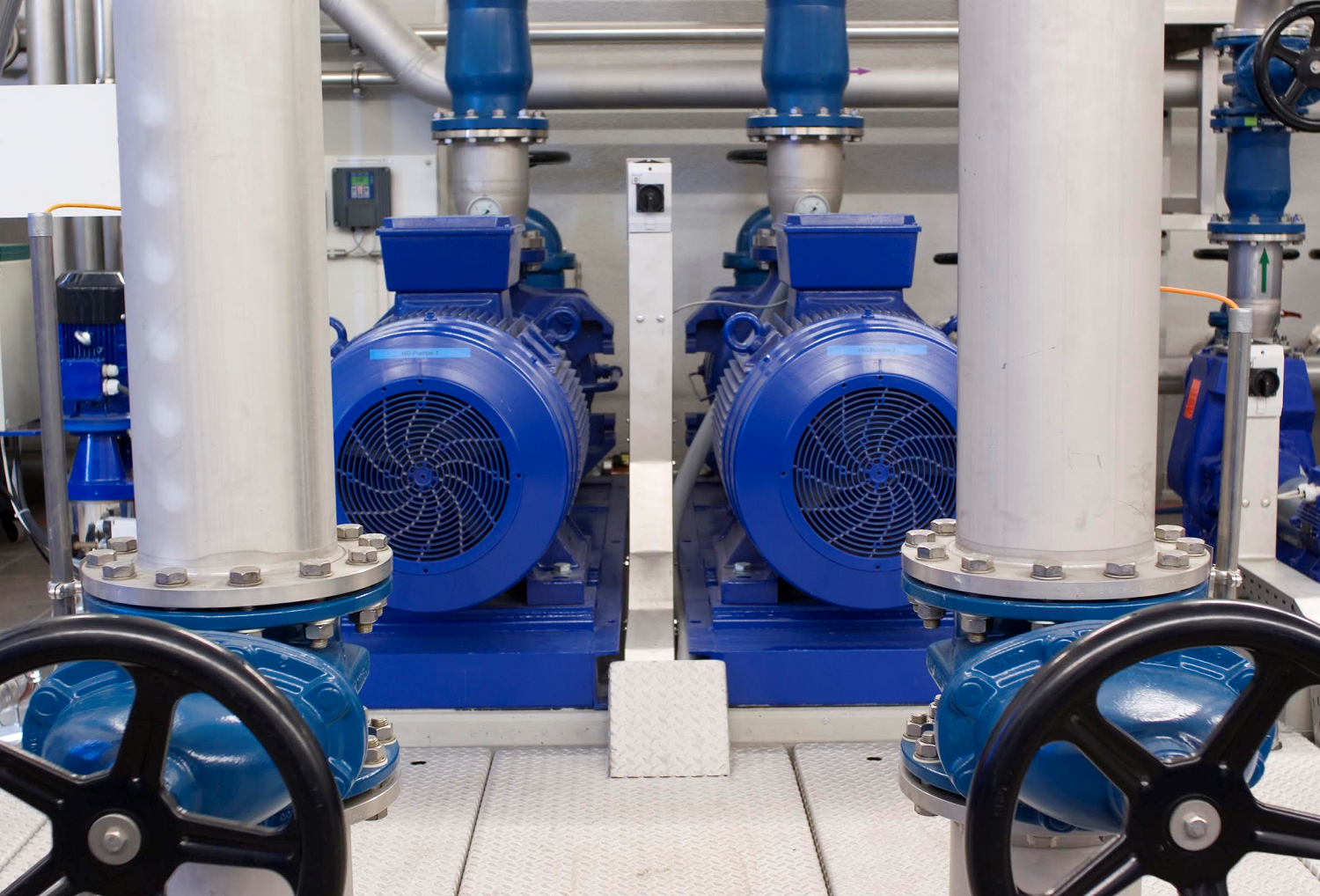


As part of its remit to serve the European pump industry, Europump normally stages its Annual Meeting in May or June. It combines a range of technical, policy and statutory meetings with social events and is hosted by one of its member organisations or held in Brussels. This year, the Covid-19 pandemic meant that the business elements of the Annual Meeting were broken down and held as virtual meetings.
The individual Commission updates relating to Technical, Standards, Marketing and SME took place back-to-back on Tuesday 7July and were attended online by some 60 representatives from the national trade bodies and company experts that make up the full Europump membership.
Established 62 years ago, Europump interacts with governments throughout the region on a range of technical, legislative, and environmental issues. These include:
- the requirement to reduce the energy consumption of pumps (in EU countries, pumps account for a significant proportion of energy consumption in industrial and commercial applications)
- addressing draft EU legislation in areas such as energy efficiency, technical standards, and health & safety
- supporting the framing of new EU legislation, with a growing attention to circular economy and digital files in such a way that the goals of the legislators are achieved without compromising the ability of pump manufacturers to compete internationally
- maintaining a competitive edge against global competition through matching more closely the needs of customers.
Throughout its extensive programme of meetings, all these issues are discussed, debated, and addressed, with the aim of securing safe, efficient, and environmentally friendly pumps and related systems. The recent virtual meetings were no exception, with a range of topics and undertakings being covered by the separate Commission meetings. Here, we offer a brief overview on these important meetings.
Technical Commission update
This was chaired by Robert Dodane of Wilo Salmson, France and opened with an update on the latest position with the Europump Systems Approach. Attendees were reminded that ISO50001-2018 (energy management systems) now requires that any energy savings identified through appropriate audits must be achieved. This determines that it is no longer enough just to identify potential savings, work must be instigated to realise those savings. Policing such a requirement remains a concern, and attendees agreed to further investigate how this might be addressed in their respective countries.
Materials in contact with drinking water was another topic of debate for the Technical Commission. A further update on the current review of the Drinking Water Directive was presented, with reference to the work being carried out by the Four Member State (4MS) task force on the structure of approval for organic materials in complex products. Investigations are still ongoing regarding the discrepancy in the tolerances of impurities for cast iron between the German and French allowances, and findings will be reported in due course.
The final topic of discussion was the evolution of the three pieces of legislation that focus on lead, and which are all applicable to the manufacture of pumps. They are the Drinking Water Directive (and associated material requirements), the REACH regulations and the RoHS regulations.
Standards Commission update
This was chaired by Frank Ennenback of Sulzer and covered a range of topics currently being considered and addressed by Europump. The first item to be reported on was the Eco Design Directive, and the energy efficiencies to be achieved through the development of the Extended Product Approach, as opposed to the original Component Approach. The inclusion of water pumps within the scope of the regulation (which already covers motors and circulators) has given rise to several implementation questions and challenges, including threshold values for system efficiency calculations, responsibility for placing the extended product on to the market, labelling and documentation and what market surveillance measures are in place to police this new approach.
These issues are being addressed by a Europump delegation tasked with meeting the EU Commission’s policy adviser responsible for these regulation updates. More ground is to be covered, but through ongoing consultations with all interested parties, it is hoped that workable solutions will be found, and further updates made available.
Updates on wastewater pumps (Lot 28) and multi-stage submersible pumps (Lot 29) were also presented in relation to the Eco Design Directive and its EPA. Both are still regarded as work in progress and so further updates will be issued in due course.
Status updates were also given on several other standards-based work, including coordination and alignment of IEC and ISO standards for energy efficient electric motor driven systems, revisions to the Machinery Directive and the Chinese CCC on Ex pumps.
Marketing Commission update
David Noble of SPX Flow Europe chaired this and gave an update on the PR activities of Europump over the past 12 months, including the articles that had been produced and which of these had been featured in the press. A request was made for all Europump member organisations to ensure their key publications are included within the master press list for all future PR distributions.
An update was also given on the latest Global Pump Market Forecast Reportproduced by Oxford Economics for Europump and the Hydraulic Institute, the publication of which had been delayed slightly, in order to take into account (as best it can) the impact of the coronavirus pandemic on the worldwide supply and use of pumps. The report is now complete and ready for circulation.
SME Commission update
This was chaired by Giovanni Lorenzi of Calpeda and he recalled that the SME Commission’s role is to favour the direct communication between small- and medium-size European and North American pump manufacturers looking for qualified potential partners and to solve common issues. It does so byorganising visits to suppliers and downstream users of pumps. The next visit, initially planned for Autumn 2020, has been postponed to the Autumn 2021.
Despite being a virtual meeting, this was another comprehensive delivery of information, addressing and expanding on a great deal of behind the scenes work, which will ultimately prove beneficial to all those involved in the European pump market.
For more information on Europump, its individual national association members, and the work it undertakes on behalf of European pump manufacturers and the wider pump user market, please visit the Europump website.
Author: Pierre Lucas, Secretary General, Europump.





